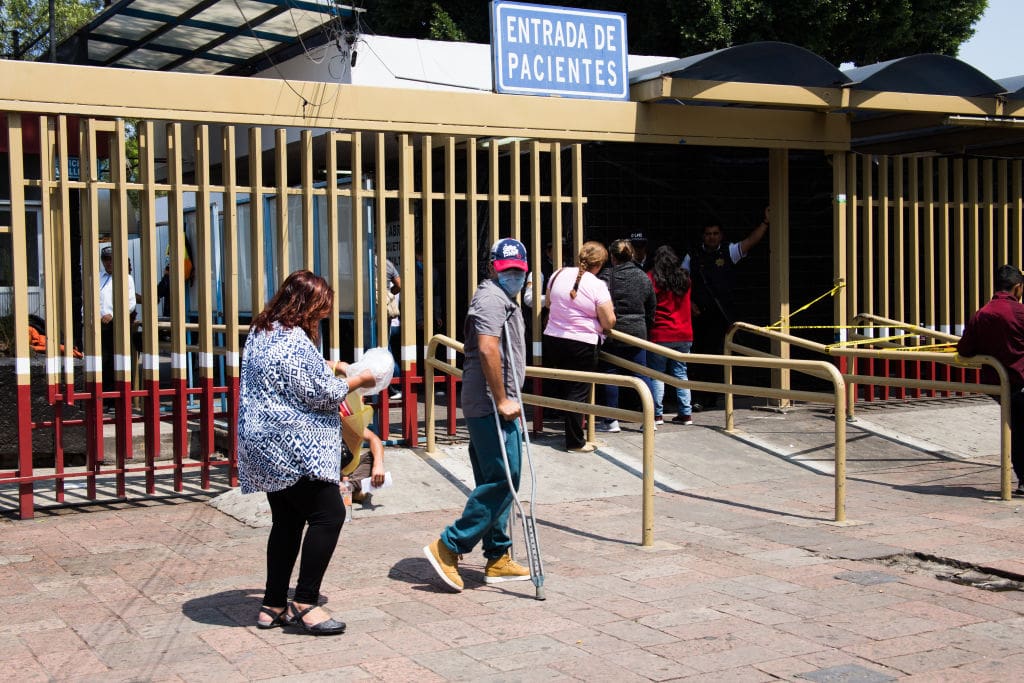The paper, which sets out four things governments should do and four things they should not, affirms that states must not discriminate; leave high-risk groups behind; use repression or excessive force in enforcement of public health measures; or censor or limit access to evidence-based information or prevention. States must also guarantee workers’ rights and social security; guarantee access to adequate water, sanitation and health care for all; ensure a gender-focused response to the pandemic; AND protect people’s right to privacy.
“The spread of COVID-19 in the Americas brings a grave and unprecedented challenge to a region already ravaged by widespread violence, corruption, environmental destruction and economic inequality, in which millions of people continue to flee their homes in search of safety. Governments will forever be remembered by how they respond to this situation. History will not judge kindly those that use the pandemic as a pretext for discrimination, repression or censorship,” said Erika Guevara-Rosas, Americas director at Amnesty International.
“With President Trump labelling this a ‘Chinese virus’, while political representatives in Brazil have also blamed China for the outbreak, we’ve seen leaders in the Americas dangerously fueling racism and discrimination through their public responses. Instead of exacerbating this crisis, governments in the Americas must put human rights at the forefront of any measures they take, ensure that no one is left behind, and be careful to protect the groups most at risk, including refugees, displaced people and those living in camps, people living in poverty, women, informal workers with limited protections, detainees and groups at risk of serious complications from exposure to the virus.”
At this early stage of the pandemic in the Americas, Amnesty International has already noted human rights being pushed to the side as governments respond to COVID-19.
Aside from using discriminatory language, the Trump administration has also mostly closed the United States’ borders with Mexico and Canada, signaling its intent to turn its back on refugees and asylum seekers in need of international protection. Similarly, Justin Trudeau’s government has turned its back on asylum seekers attempting to enter Canada by crossing the border with the United States.
In Venezuela, authorities under Nicolás Maduro’s government have arbitrarily detained at least two public health workers for denouncing the lack of resources to manage the effects of the pandemic.
Meanwhile, in Honduras, the Juan Orlando Hernández administration has revoked a wide range of constitutional rights, including to free expression and due process, under the state of emergency it declared on March 16.
Amnesty International spokespeople are available for interviews.
For more information or to arrange an interview, contact Mariya Parodi, [email protected]
Further reading:
U.S. border closure is cruel, short-sighted, and opportunistic (news quote, March 20, 2020)
Trump administration using coronavirus pandemic to justify discriminatory ban on asylum-seekers at southern border (news statement, March 18, 2020)

